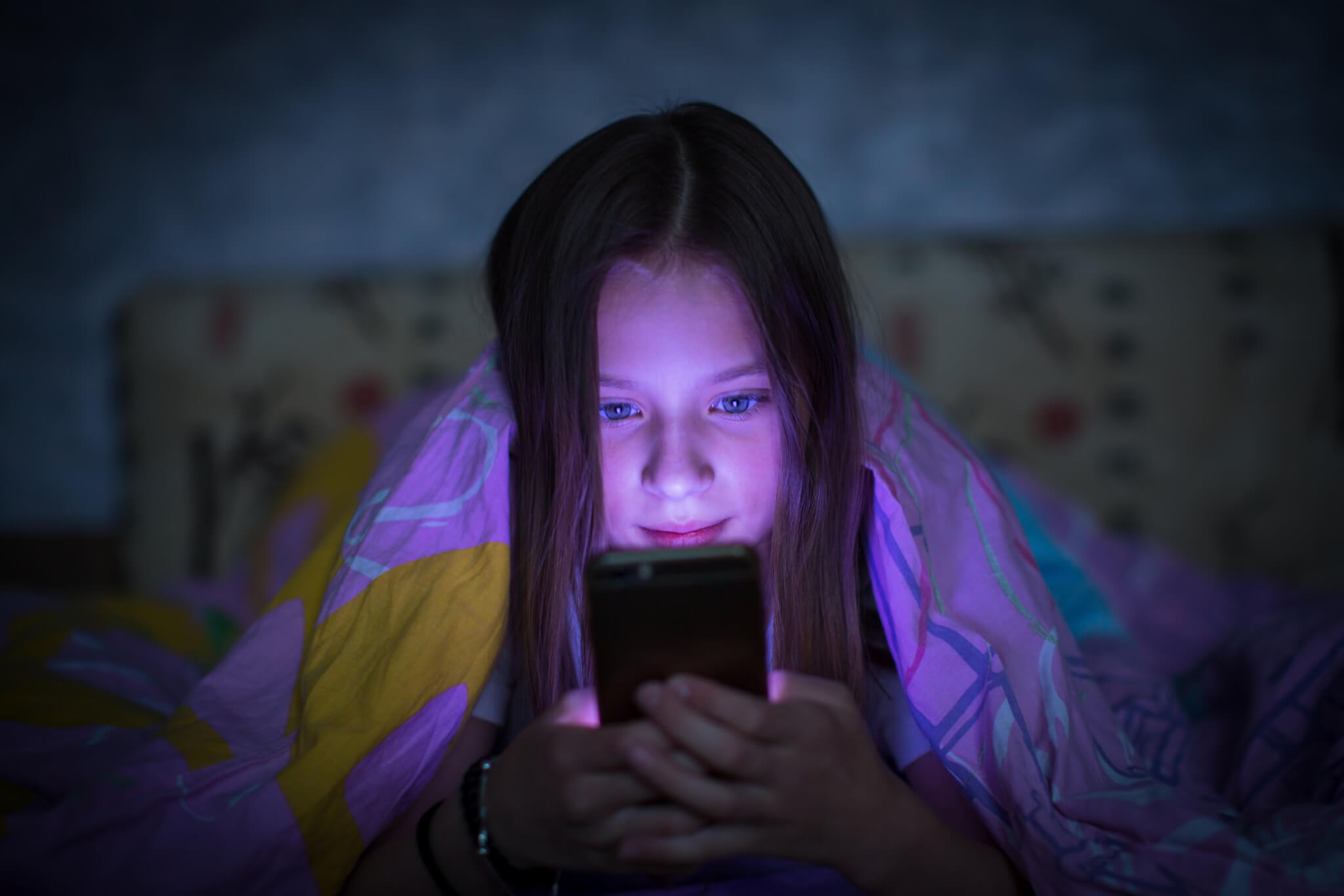UNIVERSITY PARK, Pa. — Activities like gaming or texting before bedtime are more disruptive to sleep than watching television, a new study warns. Researchers found that 15-year-olds who engaged in screen-focused activities like chatting with friends online or playing video games within one hour of going to bed needed an additional 30 minutes to fall asleep.
Unfortunately, study authors say this kind of interactive screen time affects children’s sleep in even more ways than just keeping kids awake longer. The study reveals that for every extra hour children spent playing video games during the day, beyond their usual routine, their sleep was delayed by approximately five minutes. In contrast, “passive” screen activities like watching TV or browsing the internet did not have the same impact on sleep.
“If teens typically play video games for an hour each day, but one day a new game comes out and they play for four hours, that’s three additional hours more than they typically play,” explains Dr. David Reichenberger from Penn State, in a university release.
“So, that means they could have 15 minutes of delayed sleep timing that night. For a child, losing 15 minutes of sleep at night is significant. It’s especially difficult when they have to get up in the morning for school; if they’re delaying their sleep, they can’t make up for it in the morning. Without adequate sleep, kids are at increased risk of obesity, as well as impaired cognition, emotion regulation and mental health.”
The Penn State team analyzed the screen time of 475 adolescents using daily surveys for at least three days. They also measured the adolescents’ sleep duration for a week using accelerometers, devices worn on the wrist that track movement.

The study finds that, on average, teenagers spend two hours per day communicating with friends through email, instant messaging, texting, or social media. They spent about 1.3 hours per day playing video games, less than an hour per day surfing the internet, and approximately 1.7 hours per day watching television or videos. The average sleep duration for these adolescents was 7.8 hours per night.
The researchers observed that for every hour during the day spent on screens for communication, teens fell asleep about 11 minutes later. For every hour spent on video games, they fell asleep about nine minutes later. However, those who used their devices for talking, texting, or playing games in the hour before bed experienced the most significant sleep delay, falling asleep about 30 minutes later.
Interestingly, the team finds no significant correlation between passive screen-based activities, like browsing the internet or watching television, and sleep disruption.
“It could be that these more passive activities are less mentally stimulating than interactive activities, like texting and video game playing. It’s a tricky situation,” says Associate Professor Anne-Marie Chang. “These tools are really important to everyone nowadays, so it’s hard to put a limit on them, but if you’re really looking out for an adolescent’s health and well-being, then you might consider limiting the more interactive activities, especially in the hour before bed.”
The research is published in the Journal of Adolescent Health.
You might also be interested in:
- Too much screen time could lead preteens to start thinking about suicide
- Teens who play violent video games ‘not at higher risk of mental health problems’ after all
- A chaotic sleep schedule can increase dementia risk by 53%
South West News Service writer Isobel Williams contributed to this report.

